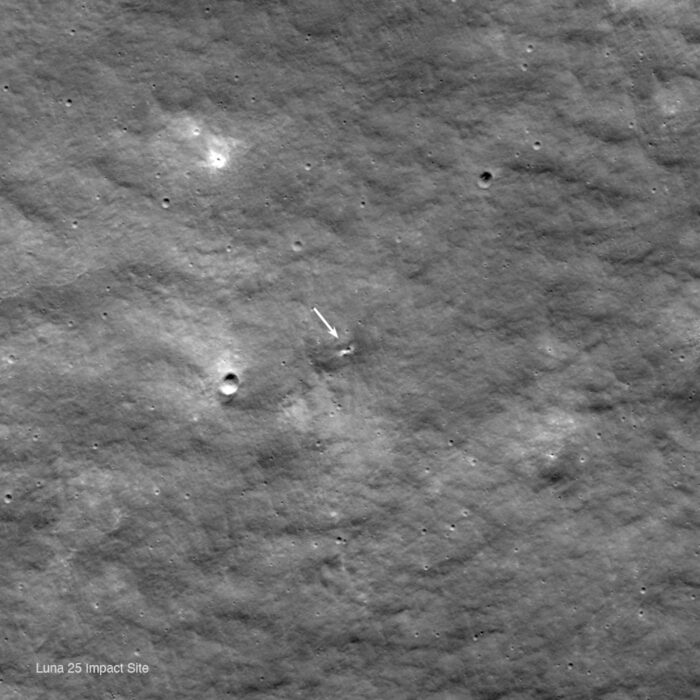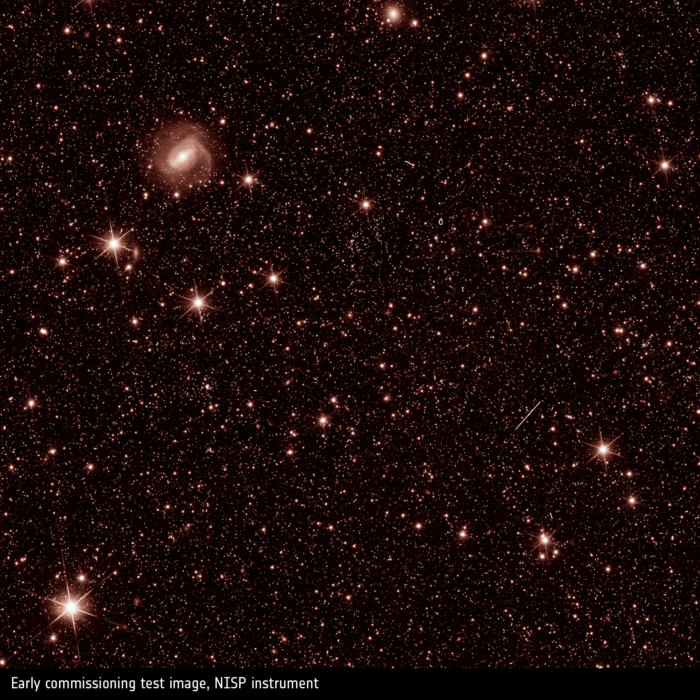Though they do have eyes, Ansell's mole-rats might as well be blind.
Not only are their tiny eyes only really capable of seeing the difference between light and dark, they spend most of their lives in tunnels. (They dig the longest tunnels of any non-human animal, reaching as long as 2.8 km or 1.7 miles.)
But never say that their peepers are useless. According to a new study from the University of Duisburg-Essen in Germany, it turns out that they do see something after all.
Magnetic fields.
Are you receiving?
Earth's magnetic field is responsible for all kinds of phenomena, including the auroras. (Getty Embed)
The ability to use magnetic fields for navigation is known as magnetoreception. It is actually a pretty common ability, especially in animals that migrate.
From salmon to sea turtles, homing pigeons to bats, animals use magnetoreception to follow the strength and orientation of magnetic fields. These invisible patterns are created by anything that is magnetic. It could be elements in the ground, for example. But the biggest magnetic field used by animals is the Earth's magnetic field.
Because the Earth's magnetic field blankets pretty much the entire planet, it is a very useful navigation tool. After all, this is the same field that guides a compass.
If you'd like a refresher on how that all works, you can watch this OWLconnected General Knowledge video!
'Attractive' eyes
Though magnetic fields are amazing for navigation, there is a tricky thing about understanding magnetoreception. Yes, scientists know the ability exists, but it has been difficult to prove just how animals use it.
We understand senses such as sight, hearing, and taste because we know the organs—eyes, ears, taste buds—that make these things possible. But no one has been able to identify the magnetoreceptive organ in an animal. Until now.
This latest study used years of tests to determine that the eyes of Ansell's mole-rats are what allow these creatures to sense magnetic fields. Scientists were drawn to study these mole-rats because they always build nests in the southeastern part of their dens. But how did they know what direction was southeast? Now we know. They could see it by using magnetoreception!
A real eye-opener

Ansell's mole-rats live in colonies of about 10 individuals and are found in Zambia, Africa. (Headster/Wikimedia Commons)
It is an 'eye-opening' discovery that could lead to breakthroughs in understanding many other magnetoreceptive creatures.
Other studies suggest that hens, dogs, salamanders, and many other species use the Earth's magnetic field in some form to find their way around.
As for humans, we do not. Not that we know of, at least. But that doesn't mean that we can't gain some knowledge from understanding how other animals use it!
 "Hello, magnetic field. I can see you!" (Headster/Wikimedia Commons)
"Hello, magnetic field. I can see you!" (Headster/Wikimedia Commons)









